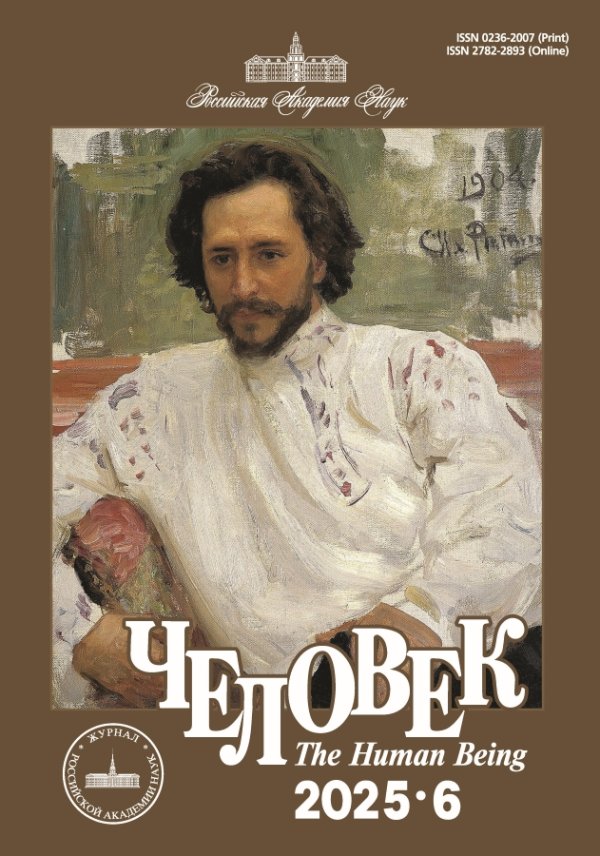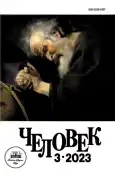Homo Academicus as a Bearer of Responsibility
- Authors: Agapov O.D.1, Agapov I.O.2
-
Affiliations:
- Kazan Innovation University named after V.G. Timiryasova
- Kazan (Volga Region) Federal University
- Issue: Vol 34, No 3 (2023)
- Pages: 60-72
- Section: Scientific research
- URL: https://journals.rcsi.science/0236-2007/article/view/141392
- DOI: https://doi.org/10.31857/S023620070026103-0
- ID: 141392
Full Text
Abstract
About the authors
Oleg D. Agapov
Kazan Innovation University named after V.G. Timiryasova42 Moskovskaya Str., Kazan 420111, Russian Federation
Igor O. Agapov
Kazan (Volga Region) Federal University35 Kremlevskaya Str., Kazan 420111, Russian Federation
References
- Ингарден Р. Книжечка о человеке / пер. с нем. Е.С. Твердисловой. М.: Изд-во Московского ун-та, 2010.
- Касавин И.Т. Наука как политический субъект // Социол. исслед. 2020. № 7. С. 2–12.
- Карсавин Л.П. Философия истории. СПб.: АО «Комплект», 1993.
- Лаваль К. Человек экономический: Эссе о происхождении неолиберализма / пер. с нем. С. Рындина. М.: Новое лит. обозрение, 2010.
- Левинас Э. Время и Другой / пер. с фр. А.В. Парибка. СПб: Высшая религиозно-философская школа, 1998.
- Левинас Э. Избранное: Трудная свобода: пер. с франц. М.: РОССПЭН, 2004.
- Левицкий В.С. Конкуренция альтернативных проектов цивилизационного развития и роль институтов онтологической ответственности // Актуальные проблемы Европы. 2020. № 1. С. 32–45.
- Левицкий В.С. Особенности структуры и процессов конструирования социальной реальности модерна: автореф. дис. … д-ра филос. наук. Москва, 2022.
- Мамардашвили М.К. Стрела познания: Набросок естественноисторической гносеологии. М.: Школа «Языки русской культуры», 1997.
- Розин В.М. Введение в схемологию: Схемы в философии, культуре, науке, проектировании. М.: Либроком, 2011.
- Тишнер Ю. Избранное: Мышление в категориях ценности. М.: РОССПЭН, 2005.
- Узланер Д. Постсекулярный поворот: Как мыслить о религии в XXI веке. М.: Изд-во Ин-та Гайдара, 2020.
- Caputo J.D. The End of Ethics. The Blackwell Guide to Ethical Theory, ed. by H. LaFollette. Oxford: Blackwell Publ., 2000.
- Chomsky N. Responsibility of Intellectuals. The New York Review of Books. 1967. Febr., 23. URL: https://www.nybooks.com/articles/1967/02/23/a-special-supplement-the-responsibility-of-intelle/ (date of access: 09.02.2023).
- Rorty R. The Historiography of Philosophy: Four Genres. Philosophy in History. Essays in the Historiography of Philosophy, ed. by R. Rorty, J.B. Schneewind, Q. Skinner. Cambridge: Cambridge University Press, 1984. P. 49–76.










